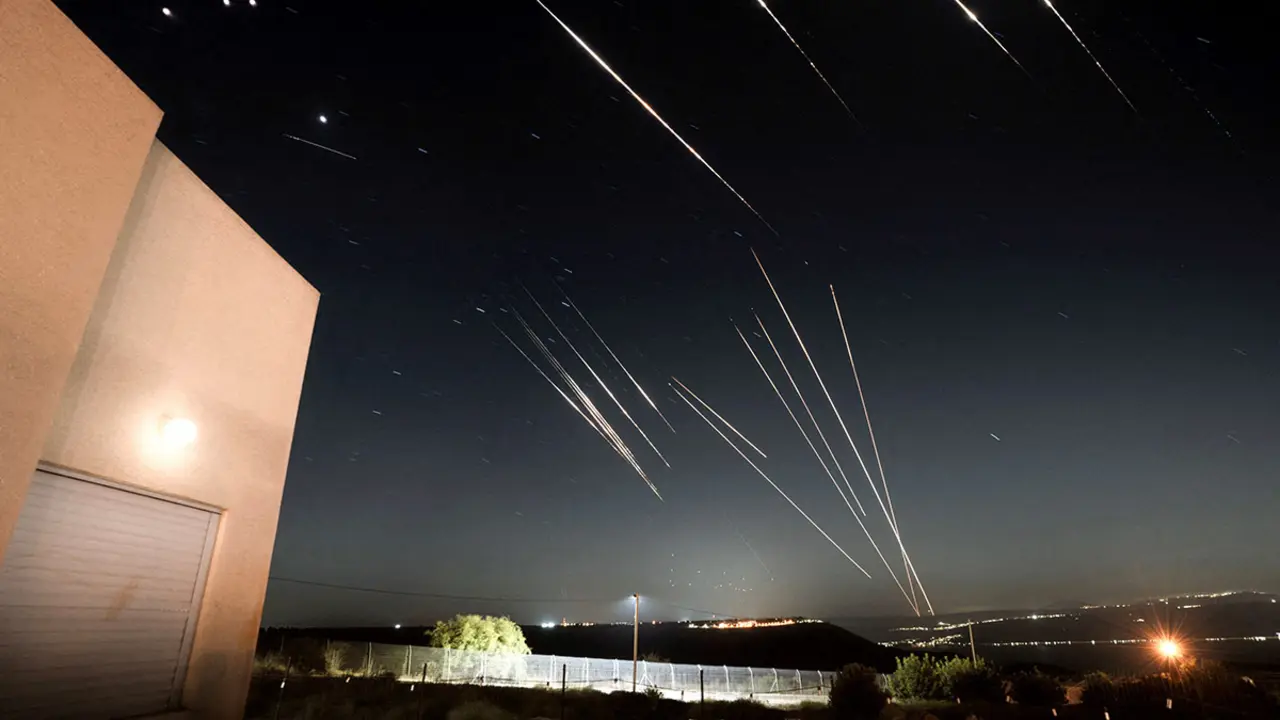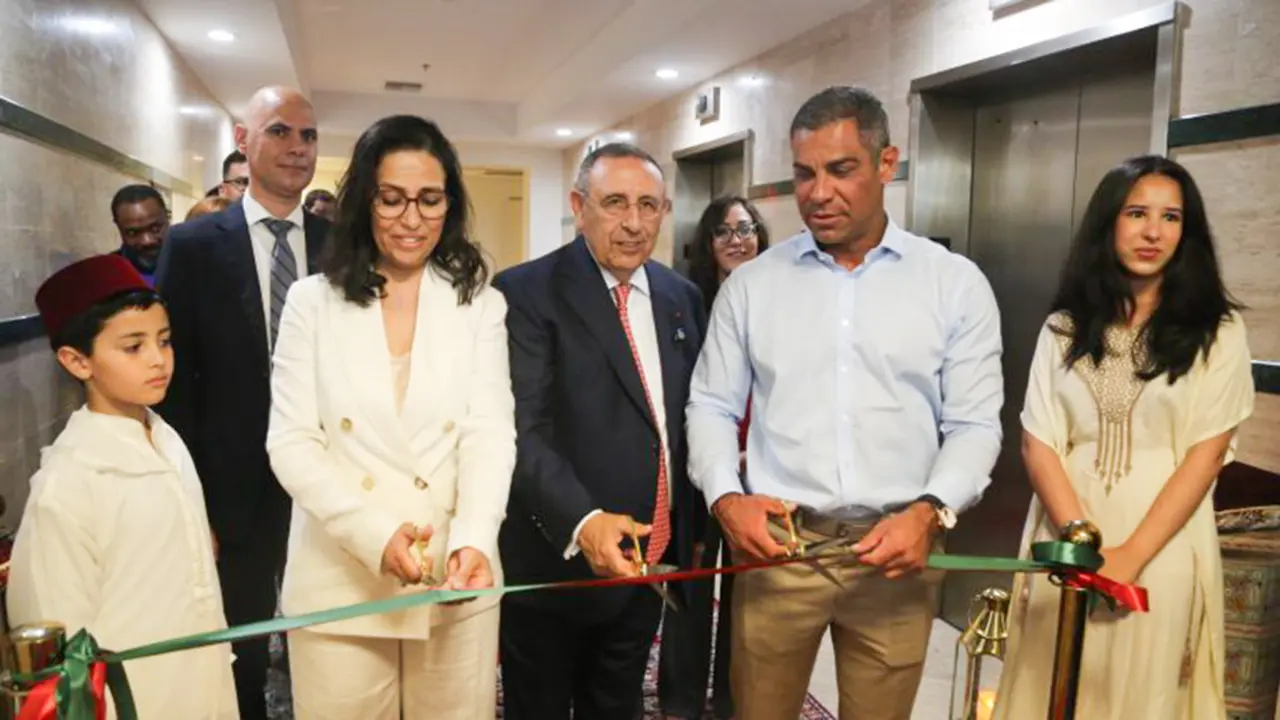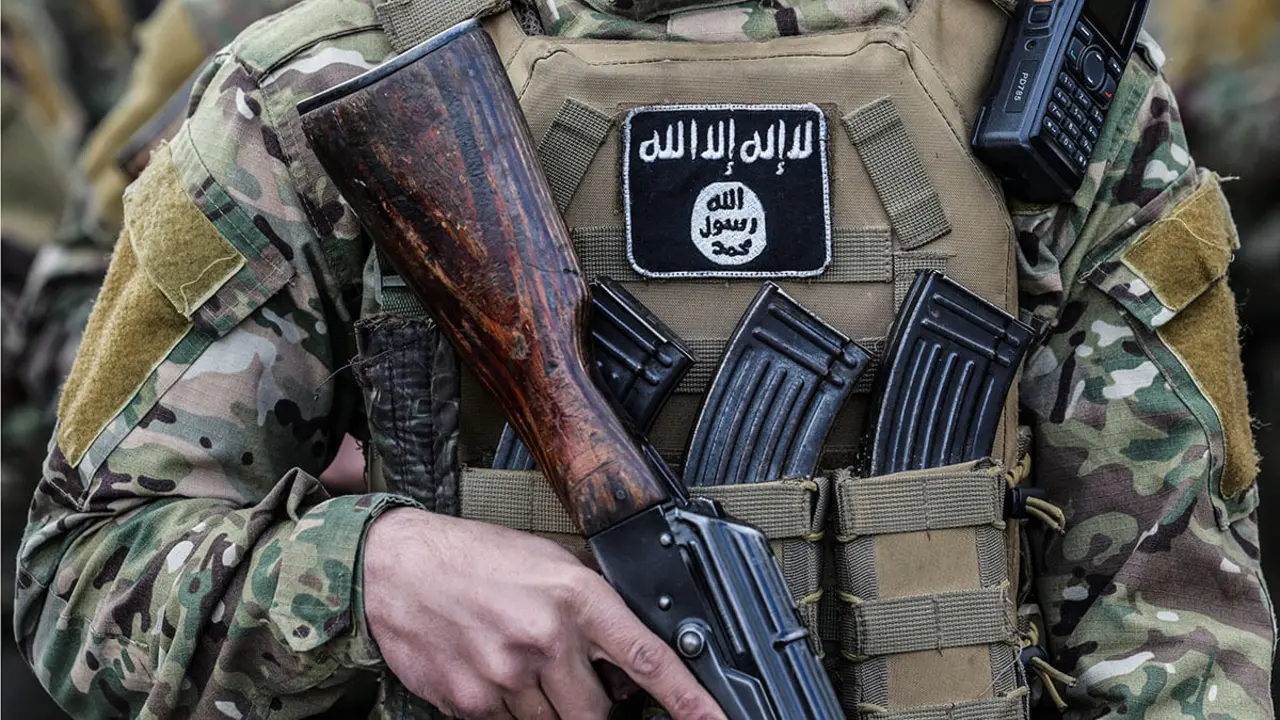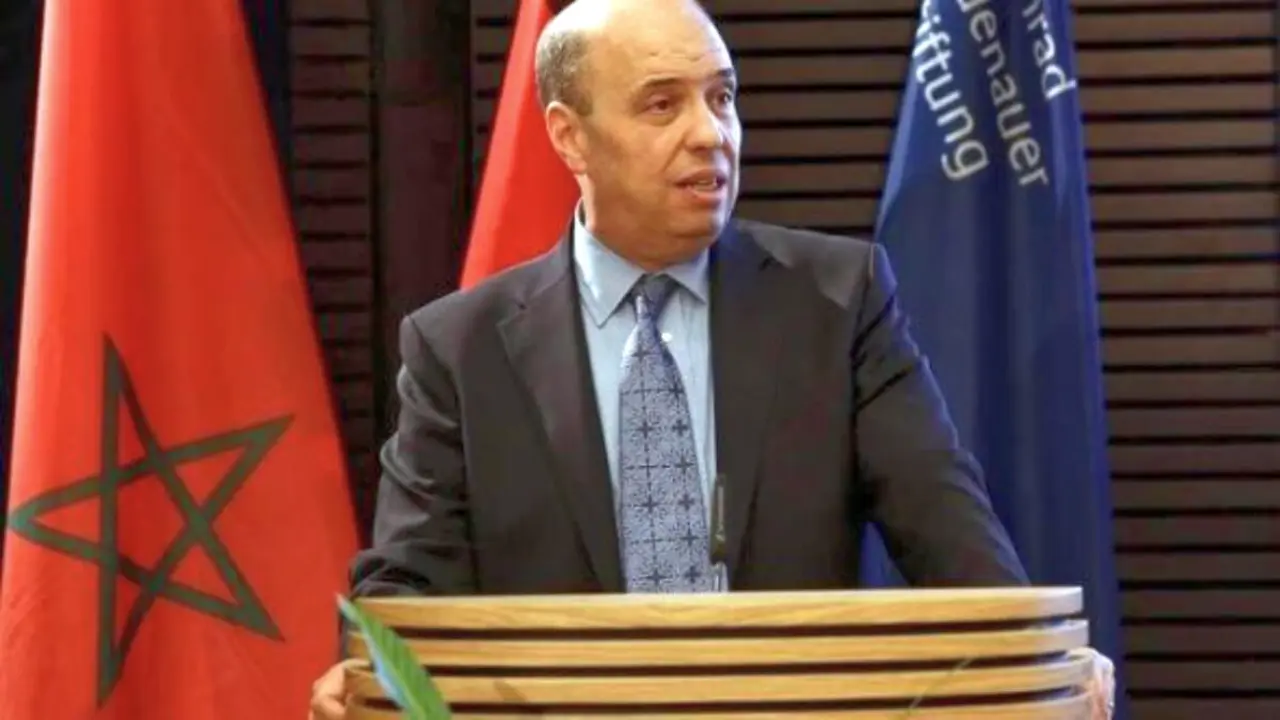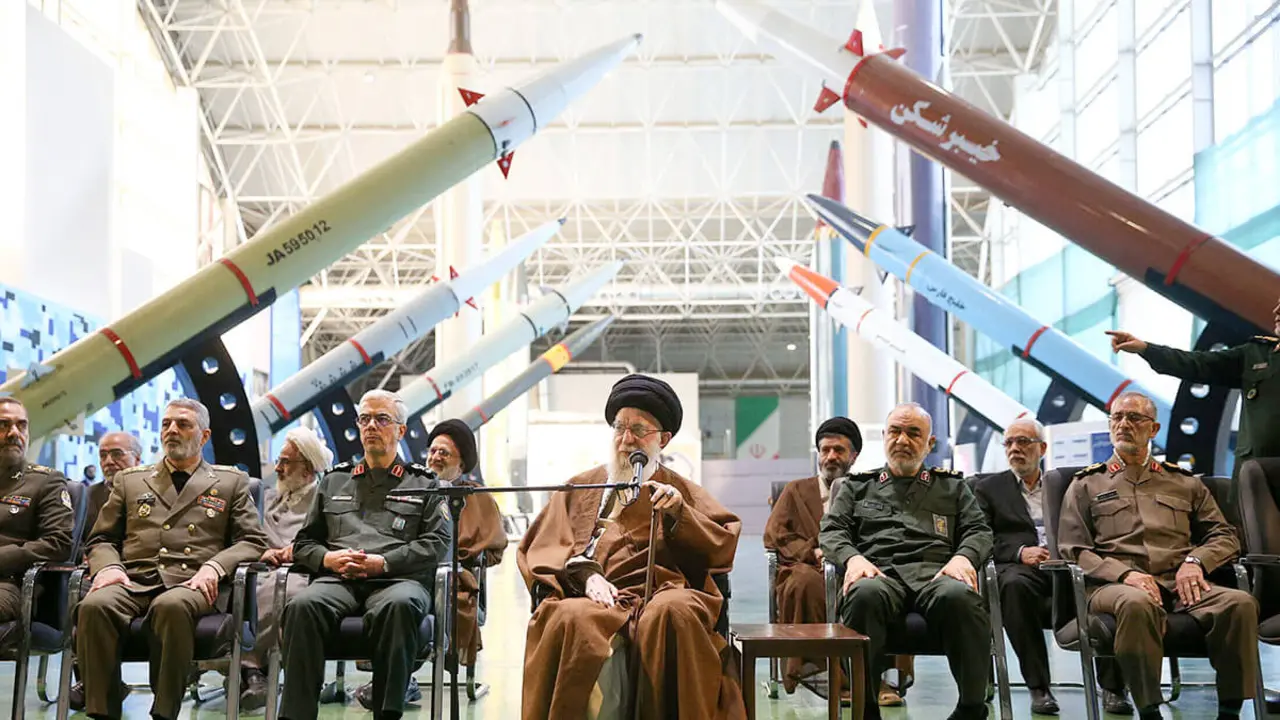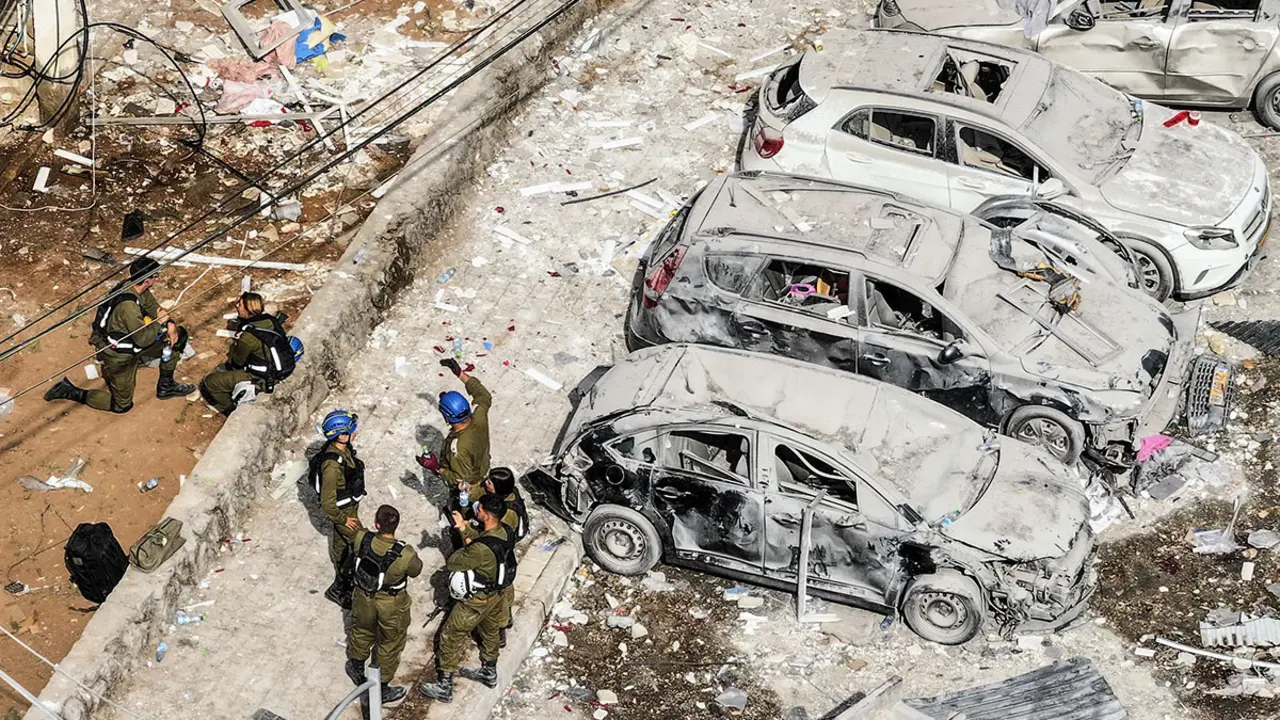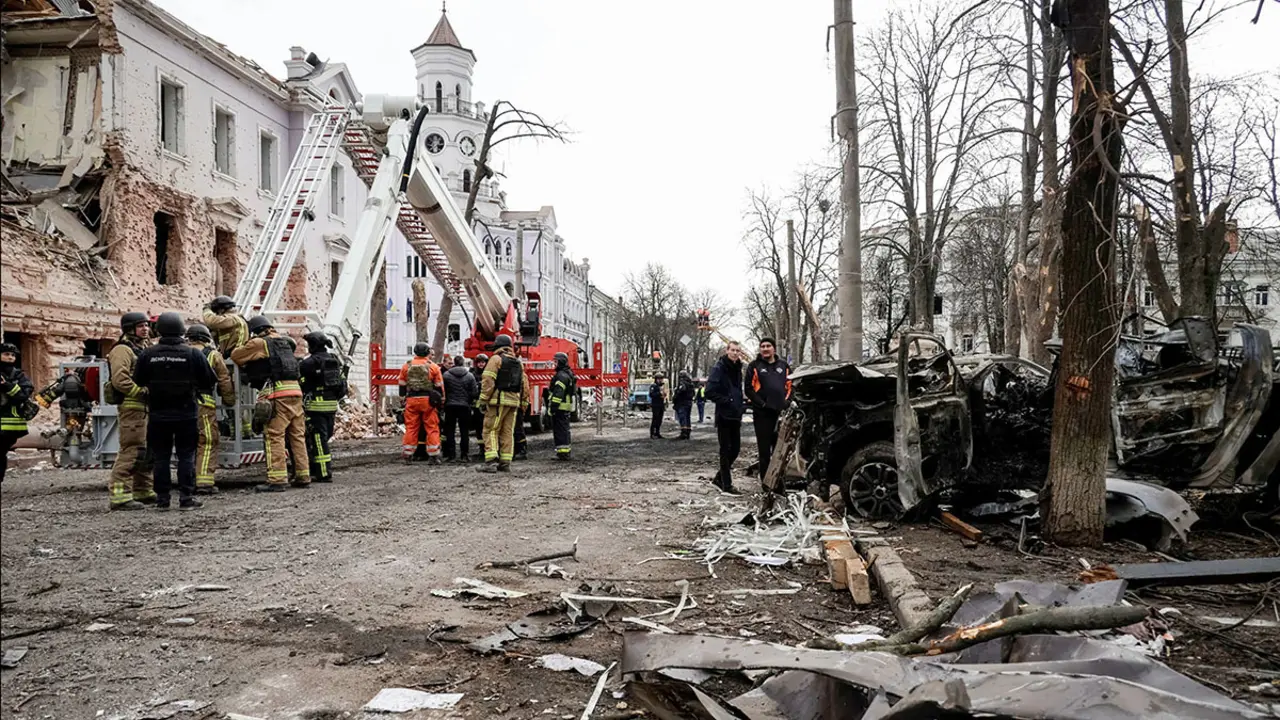Más de 1.100 yihadistas marroquíes y sus familias esperan la repatriación de Siria

Morocco still has an estimated 1,137 citizens, including jihadists and their families, detained in camps in northern Syria, with the last organised return of eight of them dating back two years, new counter-terrorism chief Habboub Cherkaoui said in an interview with Efe.
Cherkaoui, who has headed the Central Bureau of Judicial Investigation (BCIJ) since November 30, said that the return of these people who joined the self-styled Daesh or other jihadist groups in Syria and Iraq constitutes "a major security challenge" not only for Morocco but also for the rest of the countries.
“For us, these people represent a danger, because they have accumulated training and experience in gang warfare, the handling of weapons, the manufacture of explosives and car bombs, as well as propaganda and indoctrination,” he explained.
According to figures from the BCIJ – created in 2015 – a total of 1,654 fighters left Morocco for the Syrian-Iraqi zone to fight in the ranks of various jihadist groups, including 1,060 within Daesh.
Of all these fighters, 745 died and 270 returned to their country of origin. Most of them are on trial thanks to a reform of the Penal Code approved in 2015 to punish the act of “joining conflict zones to practice jihad” with sentences ranging from five to ten years in prison.
With these jihadists traveled 288 Moroccan women, most of whom had children when they arrived there. Authorities estimate that 189 women and 309 children are still in detention camps in Syria.
Cherkaoui specified that the people who chose to return were first subject to a security screening and now benefit from socio-economic programs aimed at facilitating their social reintegration and that of their children.
The last repatriation of Moroccan citizens engaged in Syria took place in March 2019 in coordination with the United States, allies of the Syrian Democratic Forces (SDF) which had then defeated Daesh and destroyed the last stronghold of the group in the Syrian city of Al Baghouz.
That repatriation was Morocco's last initiative with its nationals in those areas, and so far has not been followed by other similar initiatives.

Asked about a possible repatriation of these nationals committed to the “caliphate”, the head of the BCIJ stressed that this question was a political decision which had to be taken “within the framework of the existing international coalition”.
In Syria, all nationalities combined, it is estimated that 22,000 foreign minors and 45,000 women are interned in the Al Hol camp alone (northeastern Syria). Until now, Western countries have only agreed to release a very limited number of these detainees, all facing the delicate issue of their repatriation in view of the need to preserve public safety.
The Moroccan NGO Observatoire du Nord des droits de l’Homme urged last February the Moroccan government to intervene to repatriate the women and children detained in these camps, while denouncing the “harsh and inhuman” conditions in which they live, given the lack of food and drinking water, as well as the prevailing insecurity in the region.
The Moroccan Parliament has also formed a commission to study the case of the parents and orphans of the jihadists in Syria and Iraq, as well as the possibilities of their repatriation.

Cherkaoui also referred to the new law approved by the government to legalise the therapeutic and industrial uses of cannabis - a plant of which Morocco is the world's leading producer - and considered that the new law could succeed in "reducing the activity of drug traffickers", without going into details.
But while the law is being finalised, he said, the strategy to fight drug trafficking remains "constant".
This firmness has prevented Latin American cocaine trafficking cartels from penetrating and creating a transit platform here to Europe, taking advantage of existing hashish channels.
Cherkaoui acknowledged that there are "contacts" between Latin American cartels and Moroccan barons, but these have only resulted in the occasional use of warehouses where cocaine cartels store their merchandise.
The head of the BCIJ - which in the last six years has seized 59.9 tonnes of hashish and 5.3 tonnes of cocaine - assures that drug traffickers have not managed to "find refuge" in the country because "Morocco has secured its borders".

